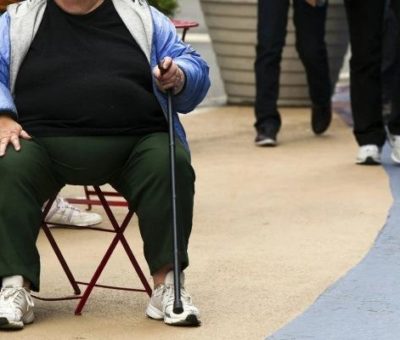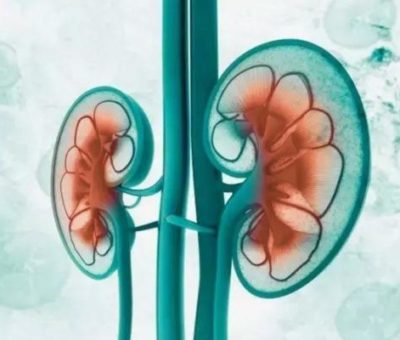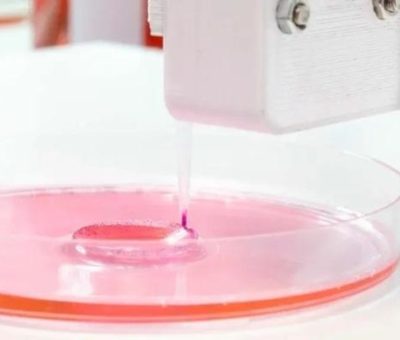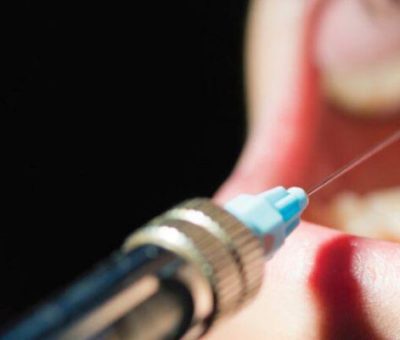Multi-enzyme lozenges can reduce plaque formation and slow the growth of bacteria in saliva, according to research, making them a valuable addition to conventional plaque removal methods. The lozenge reduced the formation of new plaque within one day and slowed the growth of bacteria in plaque and
Read MoreObesity and dental problems in older adults may be directly linked" /> Obesity teeth are essential for chewing, making it difficult to eat healthy foods like raw vegetables and fruits. "Dentists could address this issue by educating patients on how to use healthier foods to make them easier to eat:
Read MoreA recent study has shown that tooth loss may be an early sign of heart disease and diabetes. Many patients suffering from tooth loss have inflammatory diseases of the oral cavity, such as periodontal disease. According to the results of many studies, periodontal disease is associated with the develo
Read MoreEating breakfast is a more important aspect of health than most people realize. According to a large study, regularly skipping breakfast can lead to periodontal disease. The study authors write that people who regularly skip breakfast may be more than 1.23 times more likely to develop periodontal d
Read MoreA recent study has found a significant association between chronic kidney disease and tooth loss in postmenopausal women, especially those aged 66-79 years. Menopause is characterized by changes in reproductive hormone levels, and this can negatively impact bone health. Because chronic kidney disea
Read MoreBioprinting and advances in materials make it easier to create collagen structures needed for maxillofacial surgery. Despite the fact that modern methods of treating periodontal diseases offer enough solutions for restoring dental tissue, they often cannot replicate the original complex anatomical
Read MoreAfter injection of local anesthesia for root canal treatment, a healthy woman developed an extremely rare complication of traumatic myositis ossificans of the temporalis muscle insertion near the insertion of the right temporalis muscle. After the dental procedure, the woman experienced a constant
Read MoreGargling with mouthwash may have significant promise in reducing the incidence of periodontitis, as well as in the treatment of type 2 diabetes mellitus (T2DM). Additionally, younger patients and those with higher baseline levels of glycated hemoglobin (HbA1c) experienced a marked reduction in HbA1
Read MoreAccording to the US National Institute of Biomedical Imaging and Bioengineering, sugar-coated gold nanoparticles can kill stubborn bacteria that grow on teeth and potentially eliminate biofilms faster than antibiotics. The animal study highlights the diagnostic and therapeutic potential of these new
Read MoreA recent study received FDA approval to evaluate the use of the drug rapamycin in older adults with periodontal disease. Aging greatly impacts overall health and is the greatest risk factor for cardiovascular disease, Alzheimer's disease, and periodontal disease. However, treatment for these co
Read More









